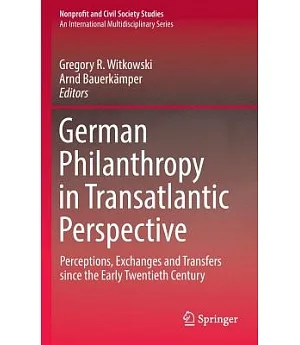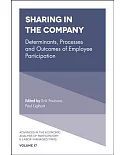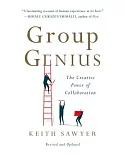This volume draws attention to the ways philanthropic activities reacted, anticipated, adapted and resisted to the multiple regime changes in twentieth-century Germany. It presents a
differentiated understanding of the relationship between philanthropy and civil society that traces this connection from Germany’s first democracy (the Weimar Republic) through the
dictatorships of Nazi regime and Soviet-style rule in Communist East Germany to the stable democracy of the Federal Republic of Germany. No country has gone through as many socio-political
transformations as Germany in the twentieth century. This work examines philanthropic practices against the backdrop of the continuities, disruptions and changes that these political
transitions caused.?While this volume concentrates on the specific conditions in Germany, it is grounded in an understanding of the multiple streams connecting Germany, the United States and
the developing world. This volume will place German philanthropy in a triangular relationship that also integrates the developing world, primarily through Africa. In particular, the
contributions to the volume demonstrate that transatlantic exchange between German and American philanthropic organizations cannot be reduced to bilateral relationships. In fact, it has been
inextricably intertwined with philanthropic activities in the Third World, especially since the 1950s. Not least, the transnational approach is directed against static conceptions of
philanthropy, which proved variable in the twentieth century. More generally, this analytical framework is a particularly convincing reminder that philanthropic activities need to be placed
into their specific historical contexts. Thus, some chapters of this book show that relations between the U.S. and German philanthropy have been a-synchronous in the interwar period as well as
in the decades after 1945.





















